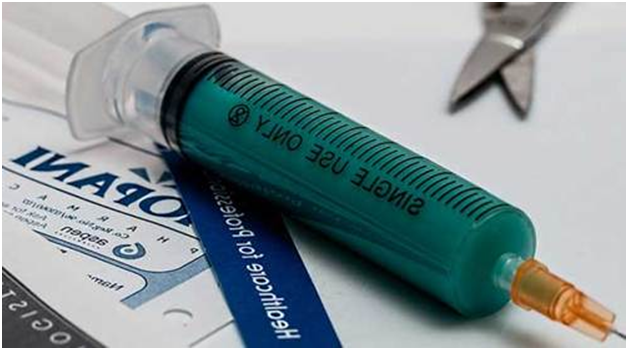Automation of processes has become increasingly common in the modern world. That, in turn, has seen an increase in the use of electrical control panels (ECPs), but what exactly are they and what are they used for?

ECPs explained
An ECP is used to keep track of all of the processes that make up a particular system. This can be something relatively simple like an automated heating system, or something massively complex like a nuclear power plant.
An ECP will usually have a number of instruments and controls on it. Often they are custom made for a particular application, so although all ECPs have some similarities, they tend to be quite unique. ECPs typically operate at higher than mains voltage, around 600V, with circuits within the panel that deliver signals to control and monitor systems. For this reason, it is important that only staff who are properly trained in their operation are allowed to work on them and have access to them – http://www.hse.gov.uk/electricity/information/maintenance.htm.

Typically an ECP will be made up of an outer case to keep things tidy and insulate the components. Within this will be a number of electrical control components, like circuit breakers, to prevent electrical overloads or overheating. There will usually also be an on/off master switch to isolate the entire system.
Where older systems would have had analogue dials for monitoring and switches for control, modern ECPs are much more likely to use digital displays and touchscreens. This simplifies operations by allowing a single screen to perform multiple control functions, you can
find out more at OSMElectrical to understand why these systems are more efficient.
Choosing an ECP
So, what do you need to look for when buying an ECP for your business? First of all, it needs to have a QC certificate from the manufacturer to confirm that it meets current electrical safety standards. This needs to cover all of the electrical components used, not just the panel itself. It also needs to be suitable for the environment in which it will be used, for example, if it will be subject to extreme heat or cold, or exposed to harsh weather conditions. You should also ask about requirements for ongoing maintenance in order to ensure that your ECP will work reliably and give you many years of reliable service.



